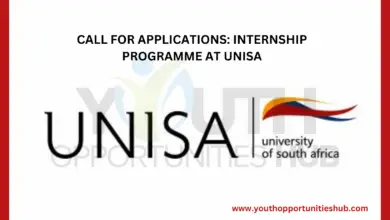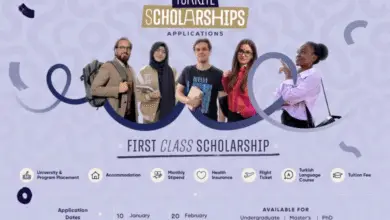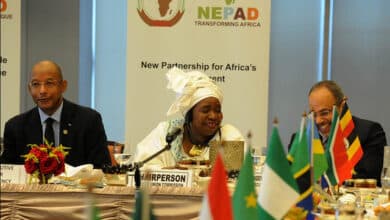UNITED NATIONS UNIVERSITY’S DUAL CAREER TRAINING PROGRAMME TO OBTAIN A Ph.D IN GOVERNANCE AND POLICY ANALYSIS (GPAC²)

Deadline: Not Specified
About the Programme
Combining a PhD degree with a full-time job? The Dual Career Training Programme to obtain a PhD in Governance and Policy Analysis (GPAC²) offers a programme that supports the ambitions and intensifies the research and analytical skills of fellows. The training programme invites GPAC² fellows to join the stimulating and challenging research community of UNU-MERIT and its School of Governance.
GPAC² meets the needs and availability of working professionals and researchers with full- or part-time jobs, allowing them to combine their careers with obtaining a PhD. The programme is designed to provide advanced training in the theory and skills crucial to policy analysis and design. The research that participants will focus on fits into one of the School’s research themes. The key lecturers of the programme are leading scholars in the field of policy analysis and the related areas like governance, social protection, migration, growth and development, technology and innovation.
The Dual Career Training Programme to obtain a PhD in Governance and Policy Analysis (GPAC²) is taught in English. It consists of a first year with three training workshops, and two workshops built around research progress every subsequent year.
Research focus
Research topics that are considered relevant and interesting within this PhD training programme are embedded in the public policy field with content focus that fits one of the research themes of the institute. As a public policy school, our aim is to do research on (public) policy governance and analysis. As UNU institution, we specifically (but not only) focus on the social aspects of growth and development, in particular the policy challenges posed by low levels of development. Within GPAC2 we find a broad interest of research ideas, including (among others) governance, social protection, migration, sustainable development, innovation and trade. With the training programme focus around research methodology in year one, we offer the classes to the full cohort. In higher year programmes, we build workshops around the research topics that our fellows select and embed their research in the research themes of the institute. Currently, the institution houses eight research themes:
Research themes:
- Economics of Knowledge and Innovation
- Structural Change and Economic Development
- Economic Complexity and Innovation
- Governance and institutions
- Innovation and Entrepreneurship for Sustainability Transitions
- Migration and Development
- Social Protection
- Population, Development and Labour Economics
Employment as a prerequisite for applying to the GPAC² training programme
The GPAC² training programme differs from a regular PhD programme. Although GPAC² fellows participate in the training with the objective of obtaining a PhD, they are not considered regular PhD fellows. Employment (full time, part-time, or self-employed / independent consultant) is a prerequisite to be eligible for the training programme. GPAC² participants are required to have their own source of income. MGSoG will not employ a GPAC² participant, nor pay a salary or scholarship for either participating in the programme or conducting research. GPAC² fellows will be enrolled as training participants, and not as employees of the university.
GPAC² training programme
In order to graduate, GPAC² fellows have to submit a manuscript and fulfill conditions equal to standards that are required for the full time PhD programme participants. This means the fellows have to comply with the Regulation governing the attainment of doctoral degrees. At the beginning of the programme you will receive more information about coursework, research and programme procedures.
After successfully finishing the training programme and submitting a PhD proposal, fellows will have and/or receive:
- a certificate confirming participation in and completion of the training programme in year one and all subsequent years;
- research material sufficient to for a number of articles, (to be) submitted, accepted and/or published in refereed scientific journals;
- a PhD thesis in printed book format;
a PhD degree, upon successful submission and defence of the dissertation;
TO APPLY, VISIT THE FOLLOWING LINK: https://www.merit.unu.edu/training/dual-career-training-programme-to-obtain-a-phd-in-governance-and-policy-analysis-gpac2/
IF YOU WANT MORE UPDATES, JOIN OUR MAILING LIST SIMPLY BY SENDING US AN EMAIL WITH A MESSAGE “ADD ME” ON THE FOLLOWING [email protected]




